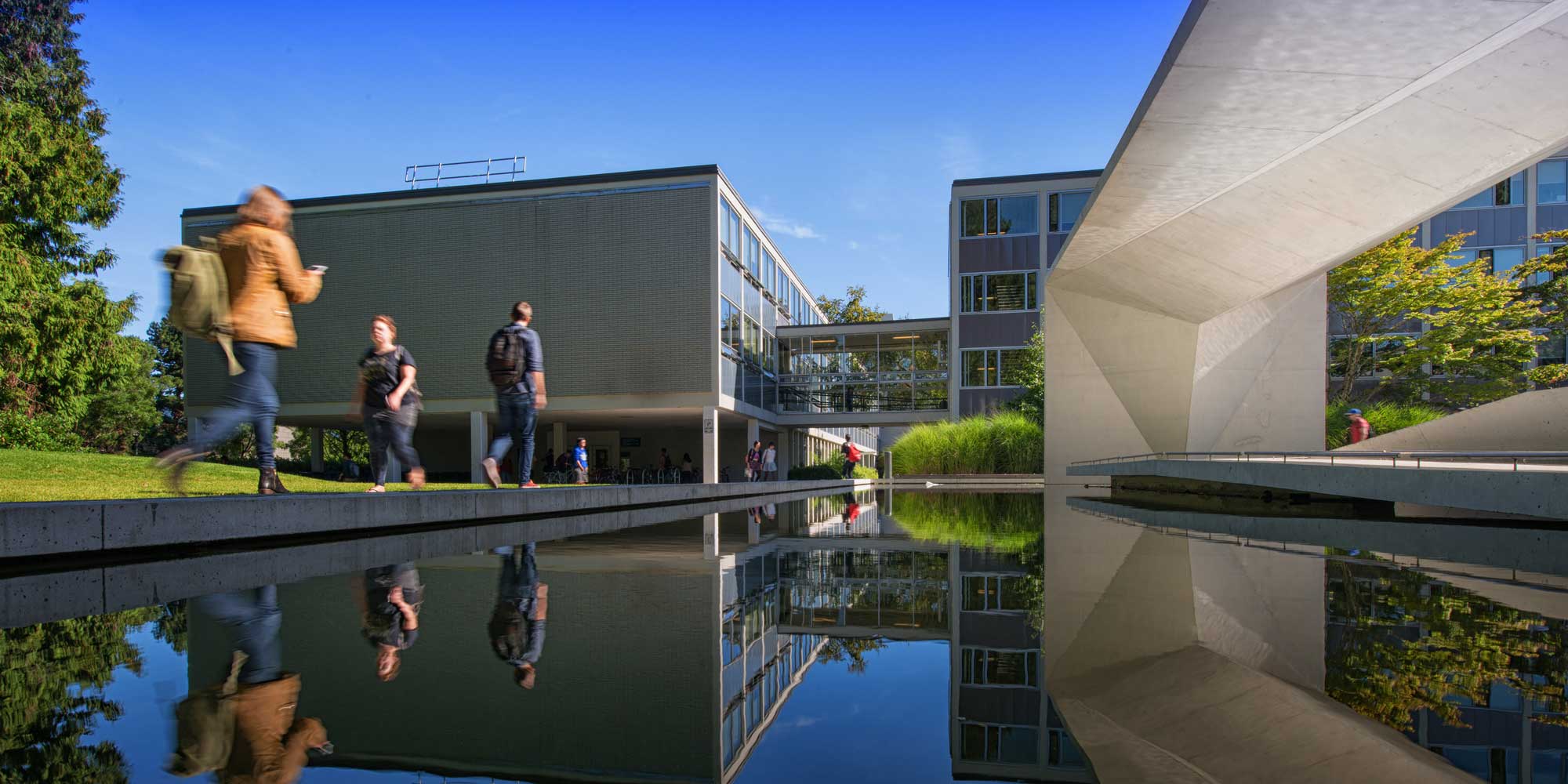Six researchers in the Faculty of Arts have been named Canada Research Chairs (CRCs) in recognition of excellence in their respective fields of study. The chairs include five new appointments and one renewal.
The Canada Research Chairs program enables Canadian universities to achieve the highest levels of research excellence and become world-class research centers. On January 12, 2022, the federal government announced a new investment of over $151 million to support 188 new and renewed Canada Research Chairs at 43 institutions across Canada for research excellence.
The Canada Research Chairs “comprise the full diversity of Canada, both in terms of their backgrounds and training, as well as the broad range of disciplines they represent,” said Ted Hewitt, President of the Social Sciences and Humanities Research Council. “This, in turn, helps to drive the research excellence we have come to expect from these outstanding scholars, as well as their contributions to the well-being and prosperity of Canadians.”
New Canada Research Chairs
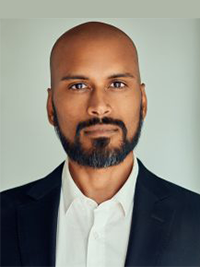

Ethics is a branch of philosophy that involves systematizing, defending and recommending concepts of right and wrong. Most religions have an ethical component. As Canada Research Chair in Theology and Ethics, Dr. Rumee Ahmed is pursuing two interrelated research projects-one focusing mainly on theology and the other on ethics.
In one project, Ahmed and his research team are examining archival material and studies to develop a revised narrative of Islamic and practical theology. In the other, they are working with an online platform to facilitate debate about moral rights and wrongs using the language of Islamic law. Ultimately, their work will inform scholarship where these two projects interact and lead to new avenues of research.
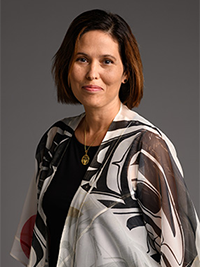

Media has the power to support reconciliation and reflect Indigenous ways of life and knowledge which could contribute to resiliency and adaptation in an uncertain future. Dr. Candis Callison, Canada Research Chair in Indigenous Journalism, Media and Public Discourse, is examining how journalism might help achieve these goals.
Callison and her research team are looking at the challenges and opportunities that collaboration presents as a tool to solve complex problems like climate change in the face of diverse knowledge systems and settler-colonial structures, including media. They are also looking at how emerging civic spaces and public debate on digital and traditional media platforms can provide or block access to information. Ultimately, Callison and her team aim to better understand how all modes and methods of media can support intervention, truth-seeking and activism.
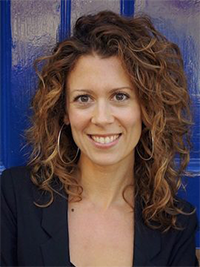

The Sustainable Development Goals (SDGs) were adopted by the United Nations in 2015 as a universal call to action to end poverty, protect the planet and ensure that all people enjoy peace and prosperity by 2030. Achieving these goals requires integrated action on social, environmental and economic challenges, with a focus on development that leaves no one behind. But data for global, regional and national development policy-making are still lacking.
Dr. Tara Cookson, Canada Research Chair in Gender, Development, and Global Public Policy, is exploring the “gender data revolution” — a shift in development policy that puts gender data at the heart of efforts to achieve the SDGs. Cookson and her research team are trying to understand the revolution in terms of its potential to shape power relations among development leaders and influence priorities and financing policy issues in the field.
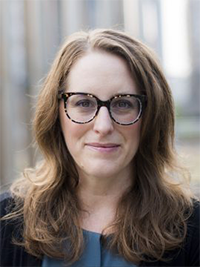

Socio-economic marginalization, such as from poverty or unemployment, is one of the triggers for substance use. But the dynamics of this type of social exclusion are not fully understood, and strategies to address them among people who use drugs are both exceptionally rare and urgently needed. As Canada Research Chair in Social Inclusion and Health Equity, Dr. Lindsey Richardson is trying to develop some.
Linking observational, intervention and research participation studies, Richardson and her research team are exploring the connection between socio-economic marginalization and health equity. They are also working on an integrated knowledge translation and exchange strategy to bolster this research. They want to ensure it will be relevant to communities and have the maximum possible impact on public policy.
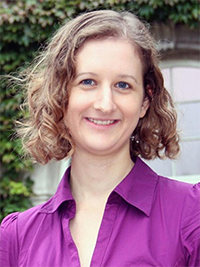

How we communicate about international health can have a significant influence on people’s behaviours and the resulting outcomes for communities and countries, as evidenced during the COVID-19 pandemic. Clear, competent, consistent communications are critical in health care and deserve close attention.
Dr. Heidi Tworek, Canada Research Chair in History and Policy of Health Communications, is examining the history and policy of international health communications, particularly during epidemics. Tworek and her research team are building an interdisciplinary scholarly network around health communications and using the latest techniques in big data research to understand how previous epidemics were communicated. Ultimately, they will make concrete recommendations for improving health outcomes in Canada and abroad.
Renewed Canada Research Chair
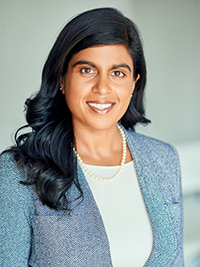

Debates about gender and Islam are currently oversimplified, and the voices of Muslim women themselves are often left out. Dr. Ayesha Chaudhry, Canada Research Chair in Religion, Law and Social Justice, is working to change that.
Her research sits at the intersection of religion, law, and social justice. Chaudhry and her research team are combining textual analysis with social commentary with a focus on how gender is (re)constructed by religious, political, and social factors to suggest visions of ideal citizenship. They are also connecting contemporary debates with historical sources to examine trans-national and multi-religious constructions of ideal Muslim women as subjects of nation states. Their research is geared toward creating a more sophisticated public discussion around Islam and ensuring Muslim women’s voices and attitudes determine how texts are interpreted and how laws are enacted.
